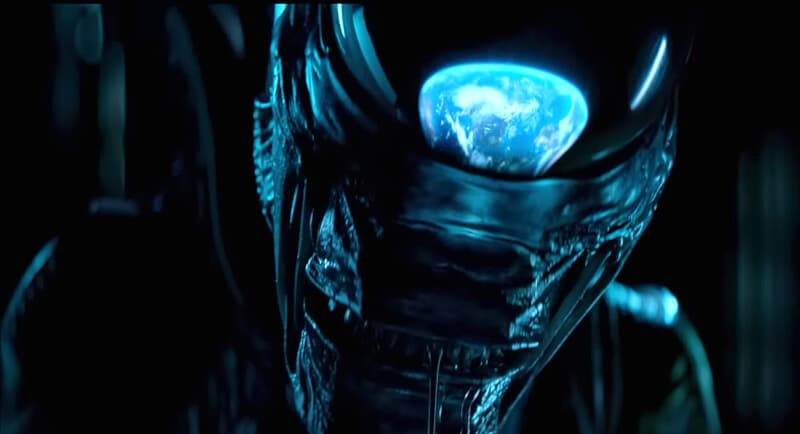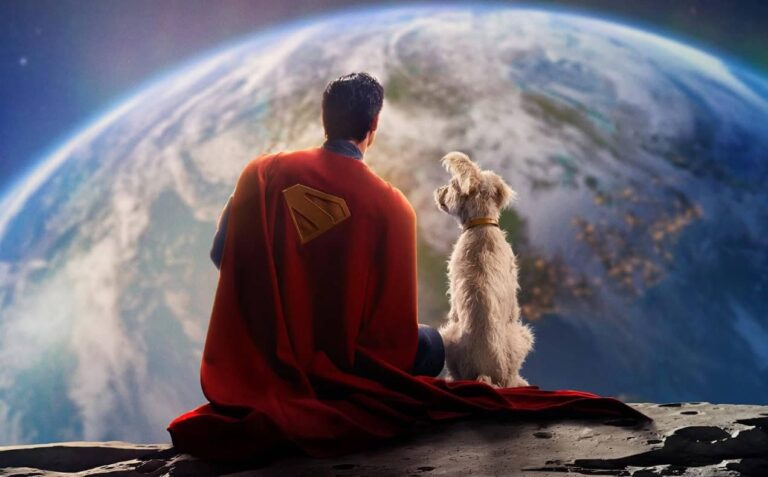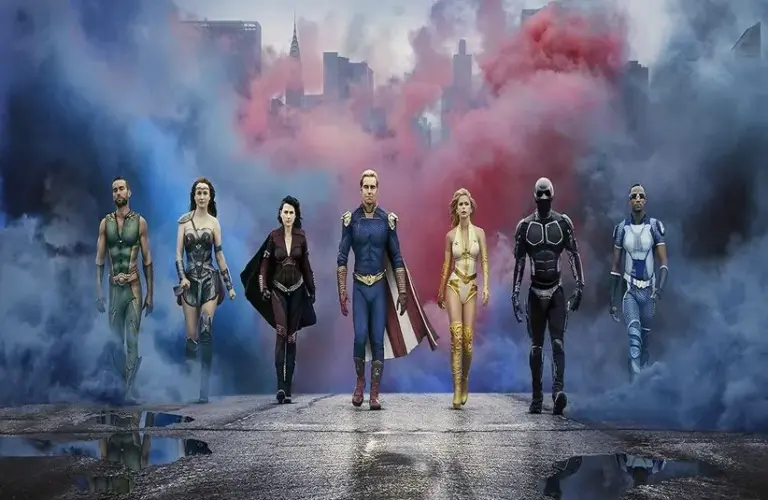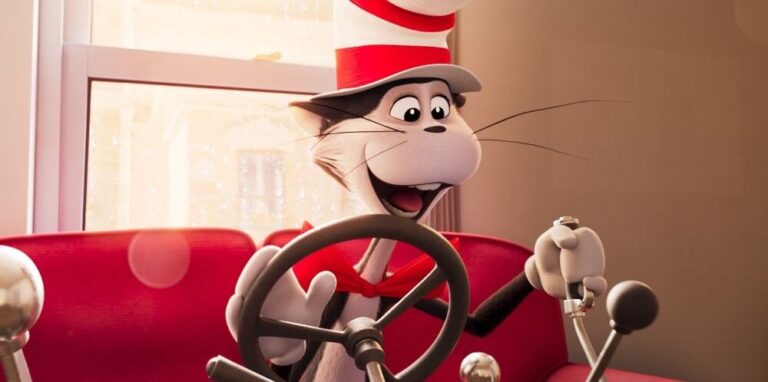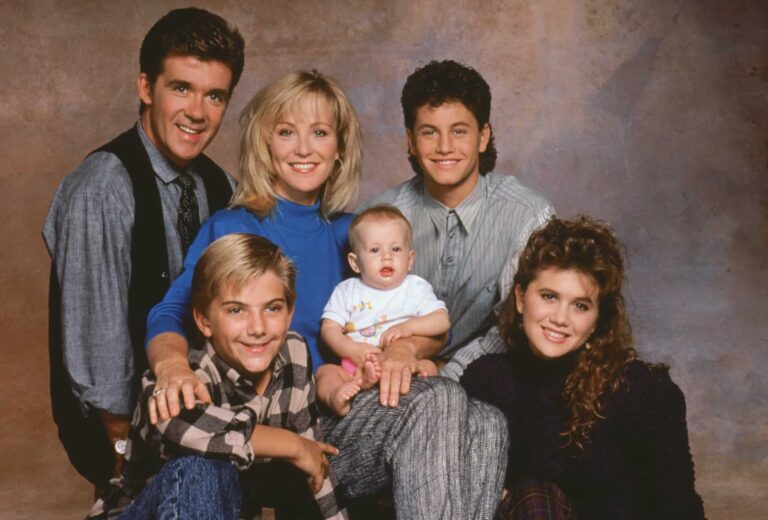FX Takes a Risk With Alien: Earth, Their Bold New Blockbuster Series
The entertainment industry loves a good behind-the-scenes drama, and boy, does “Alien: Earth” deliver one hell of a story. After spending months digging into this production, I can tell you that what happened on and off set is just as gripping as any Xenomorph encounter.
Picture this: You’re sitting in a Bangkok studio, sweat dripping down your face in the oppressive heat, watching 600 crew members scramble across 20 different stages. The call sheet looks like a phonebook. Your lead actress just bailed on the biggest interview of her career. And somewhere in the chaos, Noah Hawley is trying to create television magic while keeping his sanity intact.
Welcome to the wild world of bringing “Alien” to the small screen.
The Gamble That Could Change Everything for FX
FX is on an absolute tear right now. “Shōgun” dominated the Emmys, “The Bear” became a cultural phenomenon, and now they’re betting big on “Alien: Earth.” But this isn’t just another prestige drama. This is their shot at creating the next “Game of Thrones.”
The pressure? Astronomical. The budget? Let’s just say it makes “Shōgun’s” reported $250 million look like pocket change. FX Entertainment president Gina Balian won’t reveal numbers, but she’ll admit this: compared to their samurai epic, “Alien: Earth” is bigger. Way bigger.
Eight years. That’s how long Noah Hawley has been obsessing over this project. Eight years of sleepless nights, countless rewrites, and one burning question: How do you take a franchise built on two-hour survival horror and stretch it into binge-worthy television without losing what makes it special?
Sydney Chandler: The Reluctant Star at the Center of It All
Here’s where things get interesting- and messy. Sydney Chandler, daughter of Emmy winner Kyle Chandler, landed the lead role in what could be television’s biggest sci-fi series of the decade. Then she almost torpedoed the whole publicity campaign.
The day of Variety’s cover shoot, Chandler’s team played an exhausting game of “will she or won’t she.” First, she was coming. Then she wasn’t. Her stylist wasn’t responding. She was sick. The negotiations stretched on for hours like a hostage situation with higher stakes and better catering.
When the dust settled, Timothy Olyphant and Noah Hawley found themselves on that cover without their leading lady. Hawley’s disappointment was palpable: “I’m disappointed that my female-centric show, based on a female-facing franchise, does not have my lead actress on the cover.”
But here’s the thing about Chandler, she’s not your typical Hollywood nepo baby. This woman worked as a barista until 2018. She has a LinkedIn profile that reads like any other college graduate trying to make it in the real world. When she finally decided she wanted to act, she didn’t just walk onto sets because of her last name. She fought for every role.
Timothy Olyphant: The Veteran Bringing Gravitas to Chaos
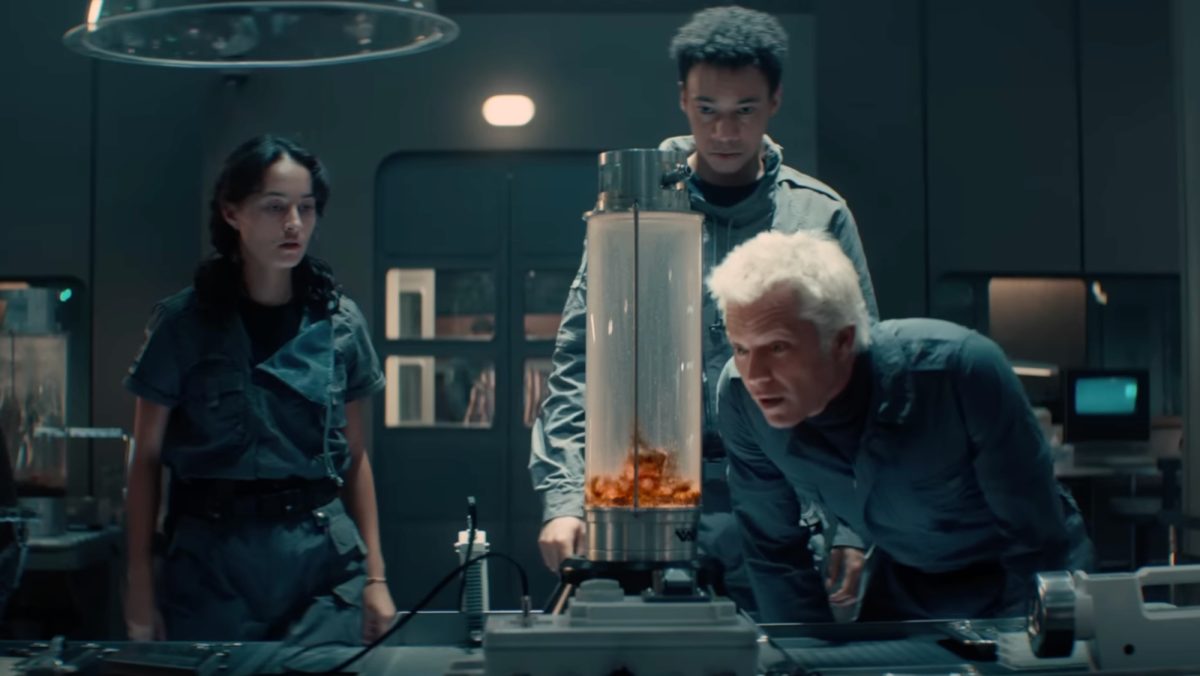
Enter Timothy Olyphant, the 57-year-old scene-stealer who’s made a career out of playing lawmen with attitude. From “Deadwood” to “Justified,” Olyphant knows how to command a screen. But even he was blown away by the scale of this production.
“It was exciting: it feels like a good fit, but it could be a total disaster,” Olyphant admits with characteristic honesty. “That’s a very exciting place to work from.”
Watching Olyphant work is like watching a master craftsman. He wanted to bleach his hair for his cyborg character? One conversation with Hawley, done. No studio interference, no committee decisions. Just creative freedom at its finest.
The Bangkok Nightmare That Became Television Magic
Let’s talk about the elephant in the room, or should I say, the Xenomorph in Bangkok. Shooting in Thailand wasn’t just a creative choice; it was a logistical nightmare wrapped in 100-degree heat and 90% humidity.
Andy Nicholson, the production designer, spent nine months living in a van, traveling between three different studios. “Between studios, it took an hour and a half,” he recalls. “I spent nine months in a van doing this every day.”
But here’s the beautiful irony: Thailand’s oppressive climate became the show’s secret weapon. The mold growing everywhere, the patina of decay, the general grunginess that Bangkok’s weather creates? It perfectly captured the “Alien” aesthetic of a universe where the future sucks.
The Strikes That Almost Killed Everything
Just when production was hitting its stride in 2023, Hollywood imploded. The writers’ and actors’ strikes brought everything to a screeching halt. For six months, sets went dark, and projects died left and right.
Hawley found himself in an impossible position. As a writer, he supported the strike. As a producer with hundreds of millions on the line, he needed to keep the project alive. The solution? Try to shoot what they could with UK-based actors covered by Equity instead of SAG-AFTRA.
It was a delicate dance between personal beliefs and professional obligations. “I needed to balance my own beliefs with the legal liabilities, and the roles that I have as a producer, as a director, as a writer,” Hawley explains.
What Makes This ‘Alien’ Different
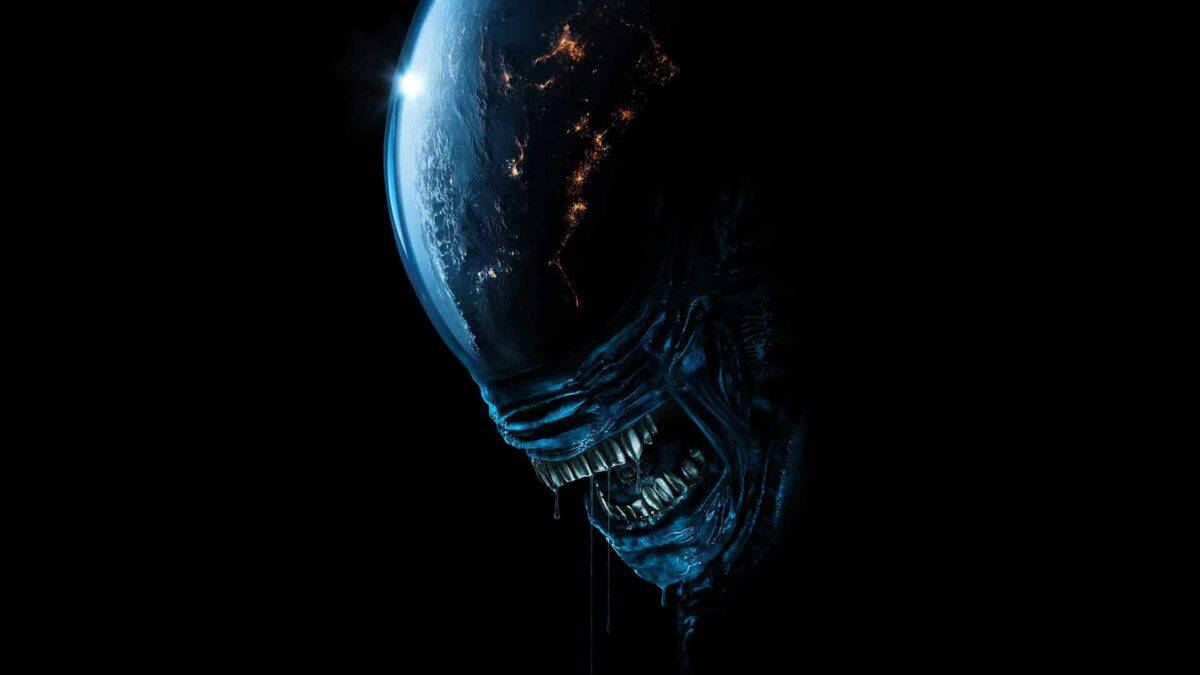
Here’s what separates “Alien: Earth” from every other franchise cash grab: Hawley actually understands what made the original films special. This isn’t about bigger explosions or more monsters. It’s about humanity that gets tested when everything goes to hell.
Set in 2120, two years before Ridley Scott’s original masterpiece, the series asks a terrifying question: What happens when the aliens don’t stay in space? What happens when they come to us?
But Hawley’s smartest move was taking the monsters out of the equation first. “The first thing you have to do is figure out how the monsters work in the show, because the point of the show can’t be the monsters, otherwise you have a very short show.”
Instead, he built a story about corporate overlords, human consciousness uploaded into synthetic bodies, and a world where billionaires have become trillionaires while the planet burns. Sound familiar? It should.
The Pressure Cooker of Expectations
The numbers don’t lie: FX needs this show to work. After the massive success of “Shōgun,” they’ve proven they can handle large-scale productions. But “Alien” comes with 45 years of baggage, millions of devoted fans, and the weight of one of cinema’s most beloved franchises.
Sydney Chandler feels it every day. “For my own mental well-being, I had to step away from thinking about those expectations and that pressure,” she admits. Smart move. The last thing you want is to be paralyzed by the ghost of Sigourney Weaver’s Ellen Ripley.
The Human Cost of Making Magic
Behind every great production is a team of people pushed to their absolute limits. The “Alien: Earth” crew worked in conditions that would make a Navy SEAL sweat. Literally.
“Bangkok has a patina, the mold growing everywhere,” production designer Nicholson explains. “That was great.” Great for the look of the show, maybe. Less great for the 750 people working 16-hour days in tropical heat.
Chandler describes hitting “a point on a long shot where exhaustion creeps in and you’re hanging by a thread.” She’d do 20 push-ups and jumping jacks before taking just to stay connected to her body. The woman was literally fighting to stay present while everyone around her created television history.
Why This Matters for the Future of FX
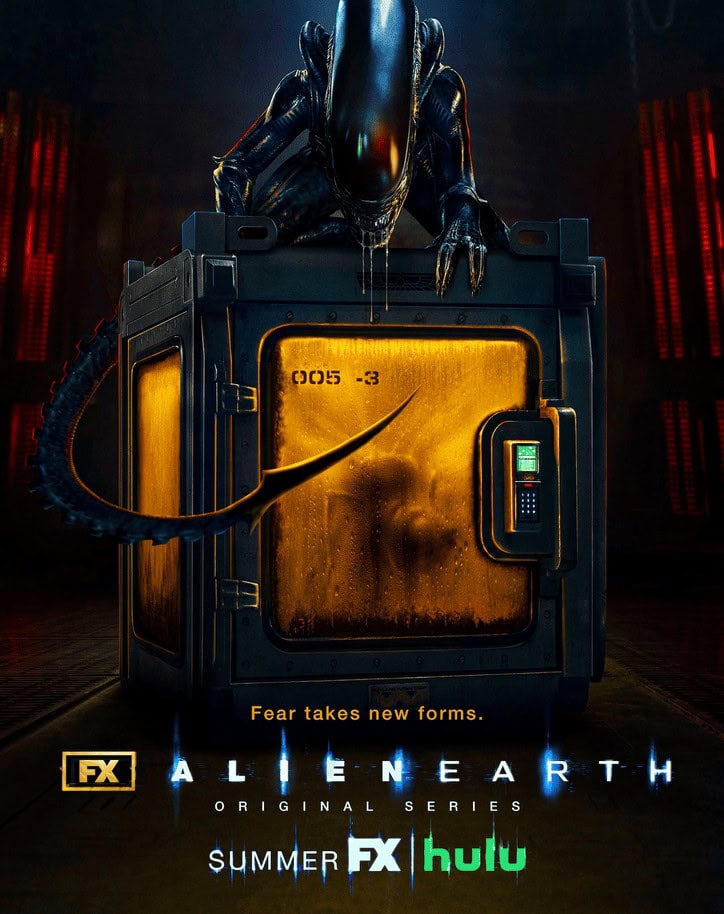
“Alien: Earth” represents more than just another sci-fi show. It’s FX’s declaration that they can play in the same sandbox as HBO, Netflix, and Amazon. They can create appointment television that gets people talking, theorizing, and binge-watching.
The early numbers look promising; a 95% on Rotten Tomatoes from critics isn’t easy to achieve, especially for a franchise extension. But the real test comes when regular viewers tune in and decide whether Hawley’s eight-year obsession was worth it.
John Landgraf, FX’s chairman, has been courting Ridley Scott over multiple lunches to make this happen. The network’s persistence paid off, but now comes the hard part: delivering on the promise.
The Bottom Line
“Alien: Earth” premiered on August 12 on FX and Hulu, and it might just be the most important television event of the summer. Not because it’s perfect – perfection is boring. But because it represents everything that makes great television: risk-taking, creative vision, and the willingness to swing for the fences even when failure could be catastrophic.
Sydney Chandler summed it up best: “With difficulty comes growth.” After everything this production went through: the strikes, the heat, the chaos, the interpersonal drama, maybe that’s exactly the kind of show we need right now.
Whether “Alien: Earth” becomes the next cultural phenomenon or an expensive cautionary tale remains to be seen. But one thing’s certain: nobody’s going to forget this ride anytime soon.

